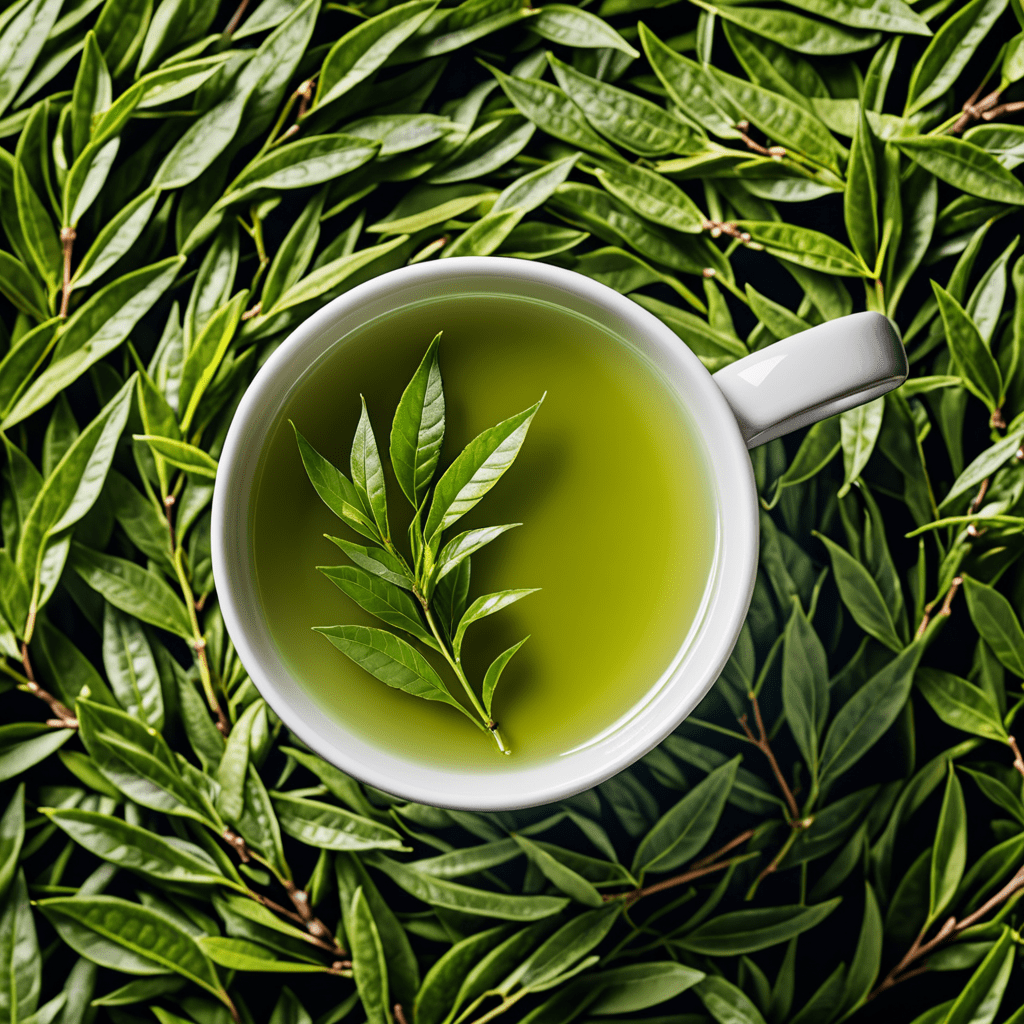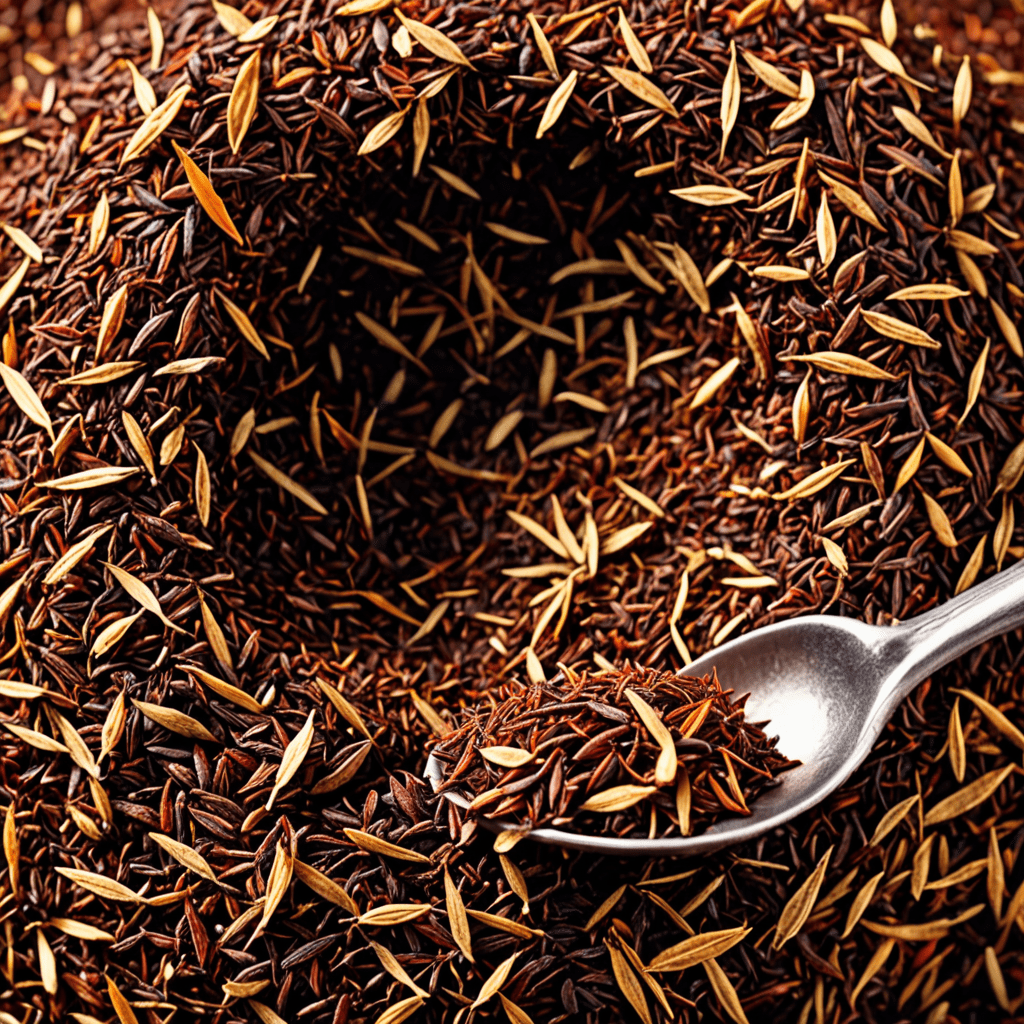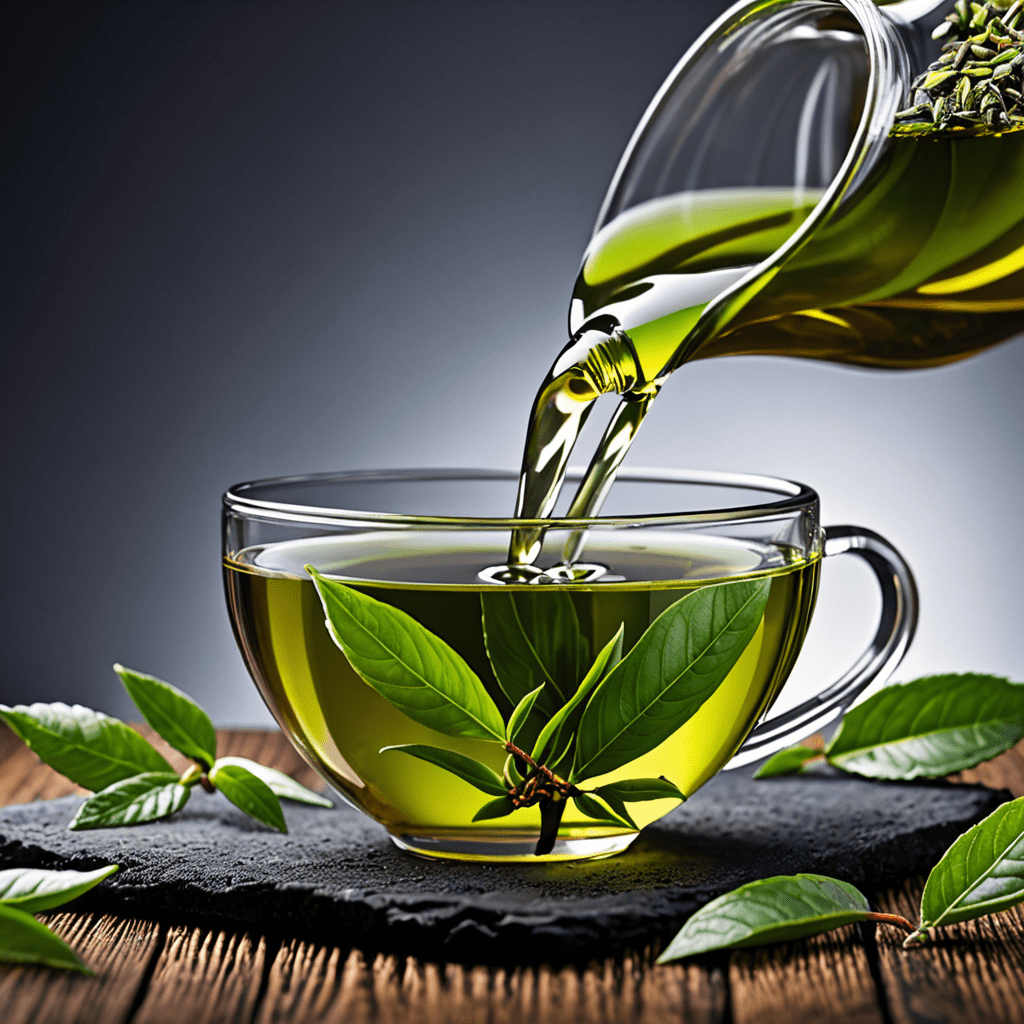The Role of Tea Houses in Preserving Indian Tea Culture
1. Introduction: A Steeped History
In the tapestry of Indian culture, tea houses hold a vibrant thread, intricately woven into the fabric of society. These havens of aroma and warmth have served as more than just places to enjoy a cup of chai; they have been the beating heart of communities, fostering social connections, preserving traditions, and nurturing the rich tapestry of Indian tea culture for centuries.
2. The Origins of Indian Tea Houses
The origins of Indian tea houses can be traced back to the ancient tea trade routes that snaked their way through the subcontinent. Merchants, travelers, and pilgrims would often stop at roadside stalls or tea shops to rest, refresh, and engage in conversation. These humble beginnings evolved into the tea houses we know today, becoming an integral part of the social and cultural landscape.
3. Beyond Brewing: Tea Houses as Cultural Hubs
Tea houses transcended their primary function of serving tea, transforming into vibrant cultural hubs. They became centers for storytelling, where bards and poets would regale audiences with tales of valor, romance, and mythology. Musicians would fill the air with melodies, while artists would showcase their paintings and sculptures. These tea houses provided a platform for cultural expression and exchange, nurturing the artistic spirit of the nation.
4. Aromatic Encounters: Traditional Tea Ceremonies
The brewing and serving of tea in Indian tea houses is often elevated to an art form. Traditional ceremonies, such as the "Chai Pe Charcha" or "Tea Time Discussions", involve specific rituals and etiquette. From the meticulous selection of tea leaves to the precise pouring techniques, every step holds cultural significance. These ceremonies not only enhance the enjoyment of tea but also serve as a reminder of the deep-rooted traditions associated with this beloved beverage.
5. Chai with a Story: Storytelling around the Samovar
The warmth of a samovar, a traditional tea-brewing vessel, has always held a special place in Indian tea houses. As families and friends gather around it, sharing stories and laughter, the samovar becomes a symbol of unity and togetherness. The act of brewing tea together, pouring it into ornate cups, and savoring its rich aroma creates a unique bond, strengthening relationships and preserving the oral tradition of storytelling.
6. Community and Conversation: Fostering Social Connections
Indian tea houses have always played a pivotal role in fostering social connections and community building. They serve as neutral ground, where people from all walks of life can gather, share stories, and engage in meaningful conversations. The shared experience of enjoying a cup of chai breaks down barriers and creates a sense of camaraderie. Whether it's catching up with friends, discussing current events, or simply enjoying the company of others, tea houses provide a space for social interaction and community building.
7. Preserving Culinary Heritage: Tea and Local Delicacies
Indian tea houses are not just about the beverage itself; they are also about preserving the country's rich culinary heritage. Tea is often paired with local delicacies, creating a harmonious blend of flavors and textures. From savory snacks like samosas and pakoras to sweet treats like jalebi and gulab jamun, tea houses offer a diverse range of culinary experiences. This fusion of tea and local cuisine reflects the cultural diversity of India and showcases the country's vibrant food traditions.
8. Modern Adaptations: The Evolution of Tea Houses
While traditional tea houses continue to hold their charm, modern adaptations have emerged to cater to the evolving tastes and preferences of tea enthusiasts. Contemporary tea houses offer a wider variety of tea blends, including herbal infusions, flavored teas, and international varieties. They also incorporate modern amenities, such as comfortable seating, Wi-Fi connectivity, and even tea-pairing menus. These adaptations ensure that the tea house experience remains relevant and engaging for a new generation of tea lovers.
9. Looking Ahead: The Future of Tea Houses in India
The future of Indian tea houses is promising. As tea consumption continues to rise, tea houses are poised to play an even more significant role in preserving the country's tea culture. By embracing innovation while staying true to their traditional roots, tea houses can continue to be vibrant spaces for social interaction, cultural exchange, and the appreciation of tea. They can also serve as platforms for promoting sustainable tea-growing practices and supporting local tea producers.
10. Conclusion: More Than Just a Cup of Chai
Indian tea houses are more than just places to enjoy a cup of chai; they are cultural institutions that have played a vital role in shaping the social fabric of the nation. They have preserved traditions, fostered community, and nurtured the love for tea for generations. As we look ahead, tea houses will continue to evolve and adapt, ensuring that the rich heritage of Indian tea culture is passed on to future generations.
FAQs
What are the most popular types of tea served in Indian tea houses?
Black tea, especially Assam and Darjeeling varieties, are the most popular types of tea served in Indian tea houses. Other popular choices include masala chai, ginger tea, and herbal infusions.
What are some traditional tea ceremonies performed in Indian tea houses?
Traditional tea ceremonies vary depending on the region and community. Some common ceremonies include the "Chai Pe Charcha" (tea-time discussions) and the "Samovar Ceremony," which involves brewing tea in a samovar and serving it in ornate cups.
How have tea houses adapted to modern times?
Modern tea houses offer a wider variety of tea blends, including herbal infusions, flavored teas, and international varieties. They also incorporate modern amenities, such as comfortable seating, Wi-Fi connectivity, and even tea-pairing menus.
What is the future of tea houses in India?
The future of Indian tea houses is promising. As tea consumption continues to rise, tea houses are poised to play an even more significant role in preserving the country's tea culture. They can also serve as platforms for promoting sustainable tea-growing practices and supporting local tea producers.


